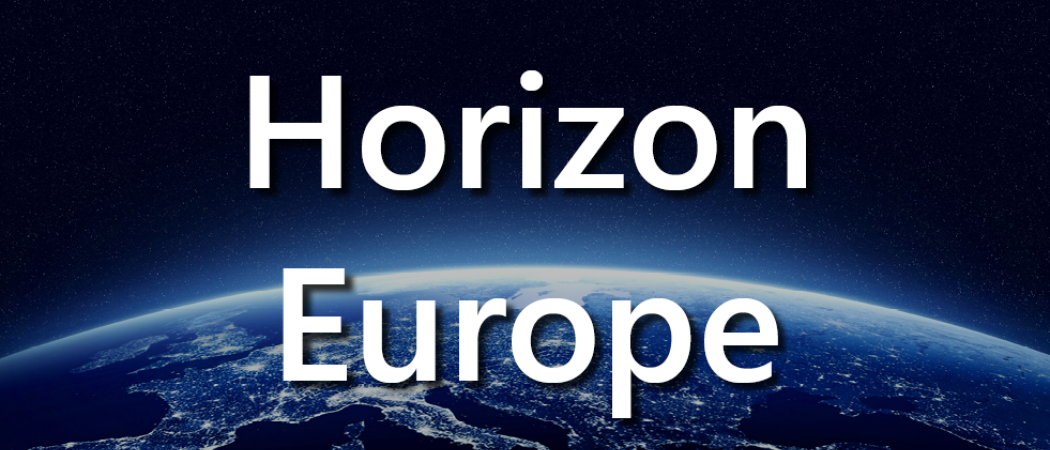The final budget is not yet agreed, but shadow committee has begun work on bringing the outline agreement on the programme to life

The European Commission has kicked-off the process of planning for implementation of the Horizon Europe research programme, convening the first meeting of the shadow programme committee which is responsible for overseeing preparation of the plan.
Following the meeting last week, EU national governments are expected to receive exclusive access to the Commission's preliminary draft of the plan within the next few days. Three revised public drafts will be released from June to October, when the Commission will invite opinions from industry, academia and others, about how to spend the money.
That will provide inputs to the official draft that is to be agreed by member states, represented through the programme committee, in late 2019 or early 2020.
Amongst other aspects, the plan will define the research “missions” and partnerships in Horizon Europe; set goals for the programme; and clarify how Horizon Europe’s various parts will fit together in practice.
In addition, the basis on which Horizon Europe as a whole works alongside other EU programmes, such as the InvestEU loan guarantee fund and the defence R&D programme will be agreed.
The Commission has proposed a budget of €94.1 billion for Horizon Europe, which the European Parliament wants to bump up to €120 billion. The final amount must be decided by national governments as part of a unanimous agreement on the EU’s next long-term financial plan. That agreement is unlikely to happen before the end of 2019, as negotiations have been stalled by Brexit and major disagreements among member states.
Missions and partnerships
One of the core tasks in planning for the start of Horizon Europe will be agreeing the exact shape of the new large-scale R&D programmes, or missions. While the Parliament and the Council of the EU have agreed five themes for the missions - of adapting to climate change; cancer; healthy oceans, seas, coastal and inland waters; smart, climate-neutral cities; and soil health and food - the details still have to be agreed.
The Commission is expected to put out a call this week for people interested in joining the five mission advisory boards, each to be made up of 15 people.
Similarly, public-private partnerships with industry and member state public-public partnerships will be grouped in eight themes, though these are broader than for missions. There are many forms of partnership with different legal bases under Horizon 2020, and Commission officials hope to reduce the number in Horizon Europe.
Planning for Horizon Europe will also involve drawing up future objectives for the European Institute of Innovation and Technology (EIT), to take forward the work of its industry partnerships, the Knowledge and Innovation Communities, each of which is focused on a particular field, such as improving urban mobility and developing new raw materials.
Shadow planning
The drafting process is steered by 31 experts appointed by each EU and EEA member to the shadow programme committee. The committee has been formed in advance of the final budget being agreed to ensure the plans are ready when the Horizon Europe legislation finally passes next year.
The shadow committee process is possible because of a partial agreement between the Parliament and the Council on the content of the legislation. That has given just enough clarity to start advance planning.
The first public draft of the plan, due to be published in mid-June, will form the basis of the public consultation. This will include a conference in Brussels on 24-26 September, when the Commission will present a second consultation document and host workshops focusing on different industry sectors.
A third consultation document, to be published online in October, will be open for comment from umbrella organisations and international players with a stake in Horizon Europe.
After the new crop of commissioners take office at the start of November an official draft of the strategic plan must be approved by the programme committee before the commission can adopt it. For Horizon Europe to begin on time, member states need to agree and formally adopt the EU budget, the Horizon Europe legislation, and the strategic plan – in that order – by the end of 2020.
This article was corrected on 8 May to show that member states’ role in approving the strategic plan occurs through the programme committee, whose members they appoint, not the EU Council.





 A unique international forum for public research organisations and companies to connect their external engagement with strategic interests around their R&D system.
A unique international forum for public research organisations and companies to connect their external engagement with strategic interests around their R&D system.